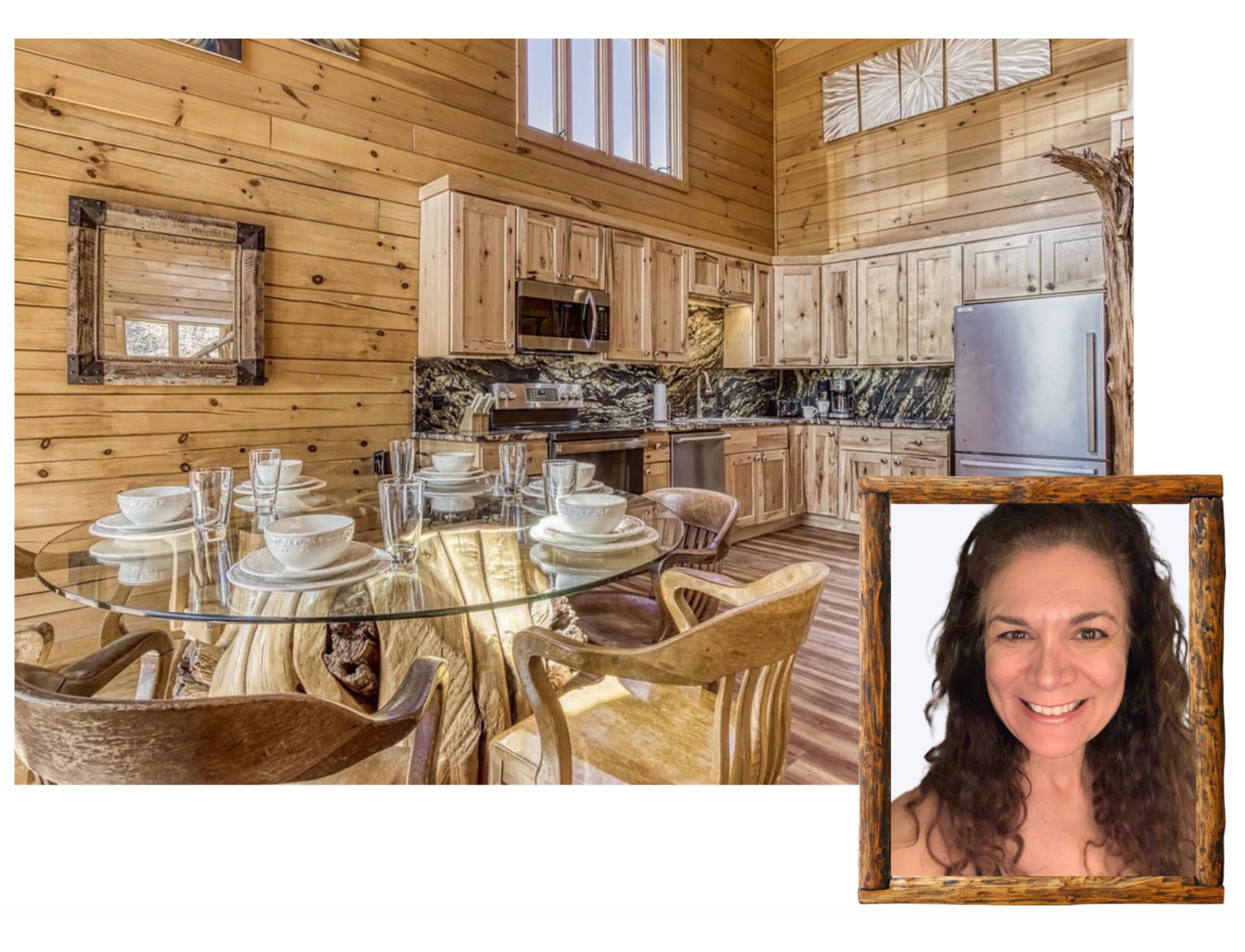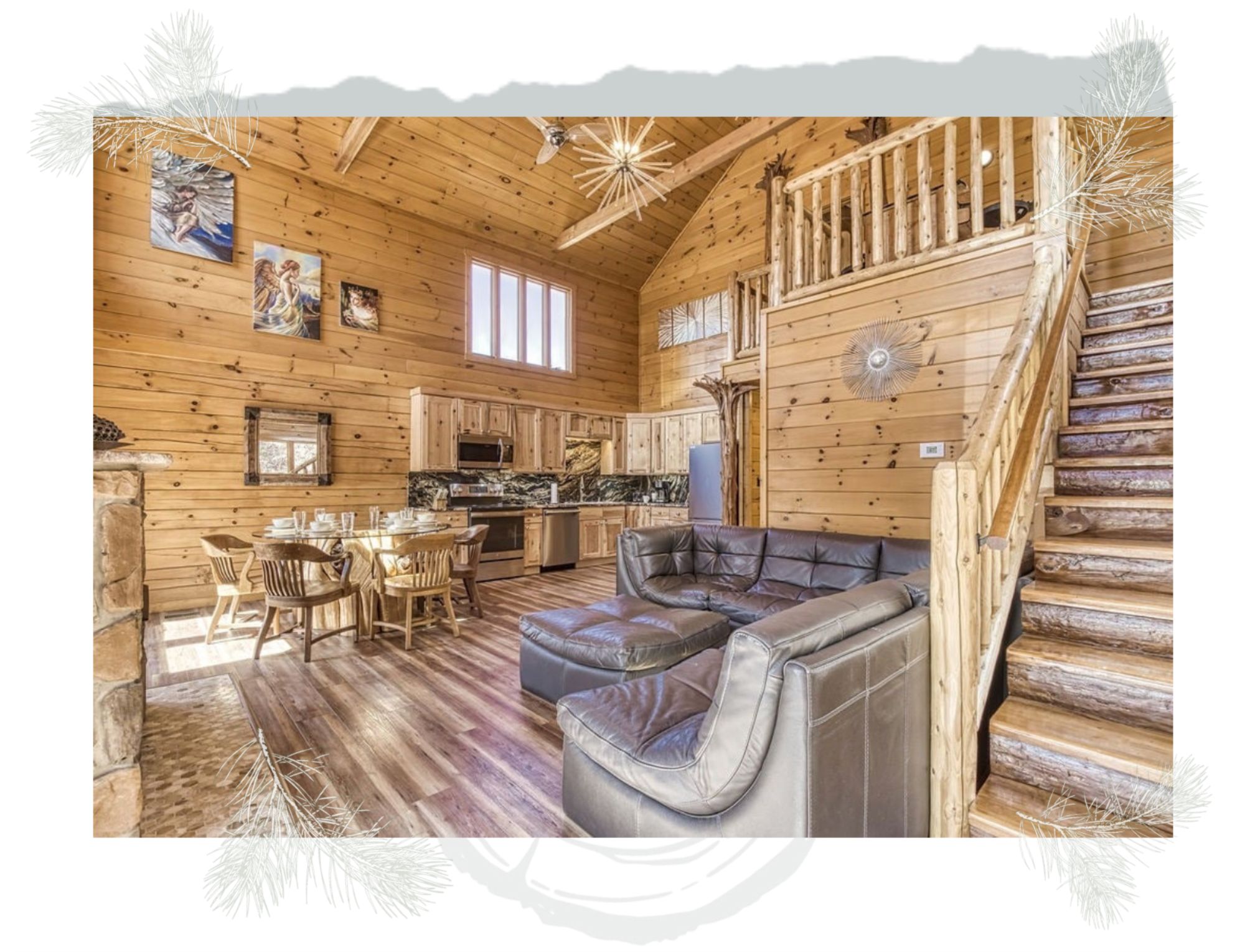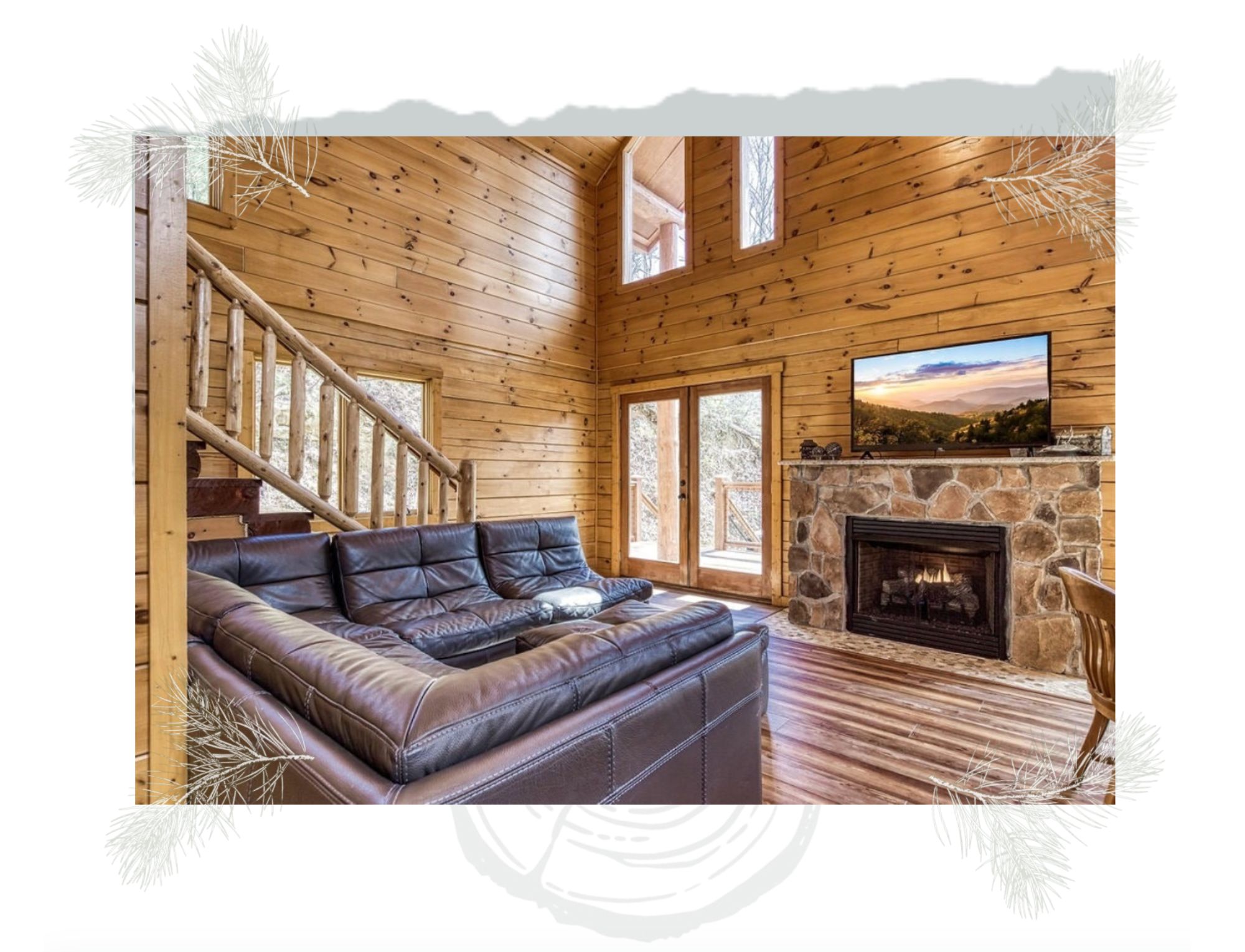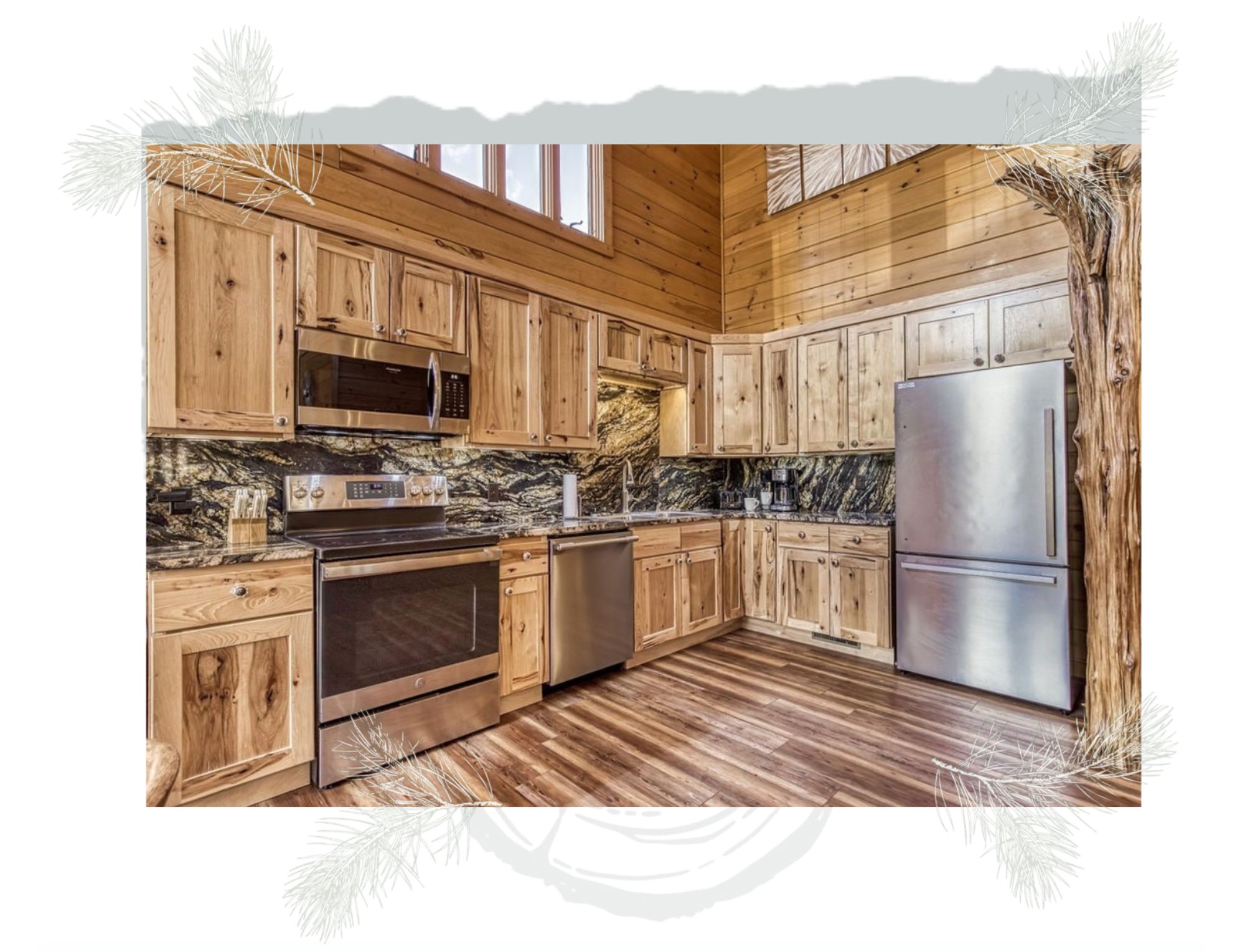TIP #1
Foundations sometimes take longer than you anticipate.
“A flat lot may be easy,” Sheelah said. “But if your land has any kind of slope, is on mountainous terrain, or is small or near your septic system, all of these factors can affect the process. You have to take that foundation down to solid undisturbed earth, and unknowns sometimes crop up.”
“An easy foundation might be done in a week to ten days. But if you have a foundation that needs to be engineered in any way, then you could be talking about a month or more. Remember that a foundation requires several steps: excavation, rebar, inspection, concrete poured, masonry done.”








